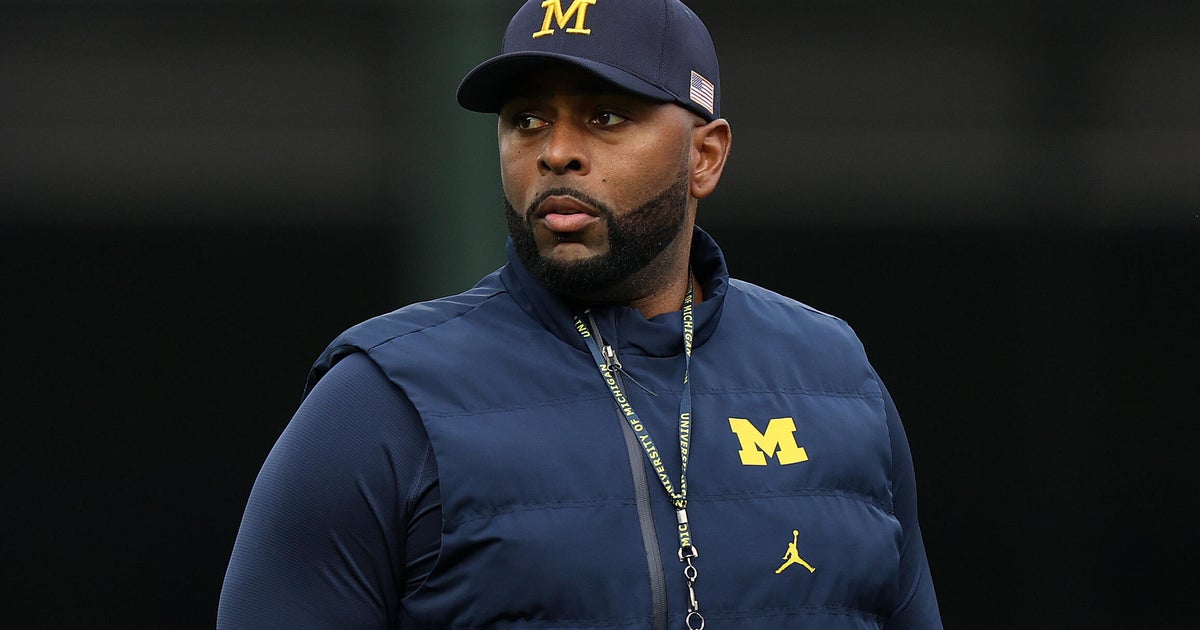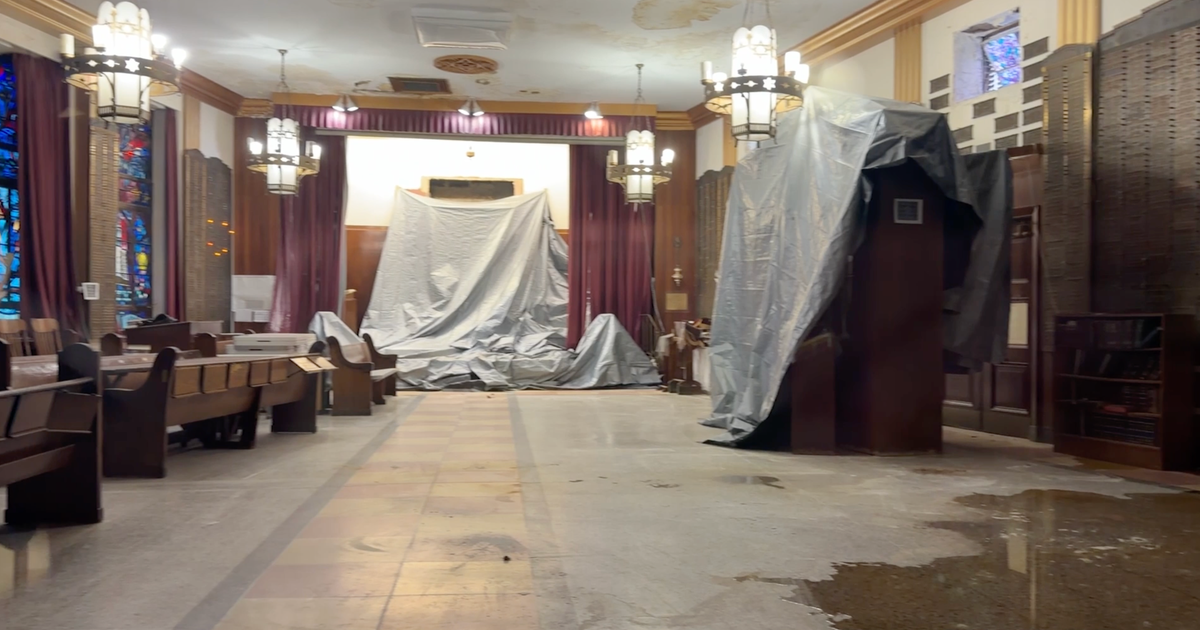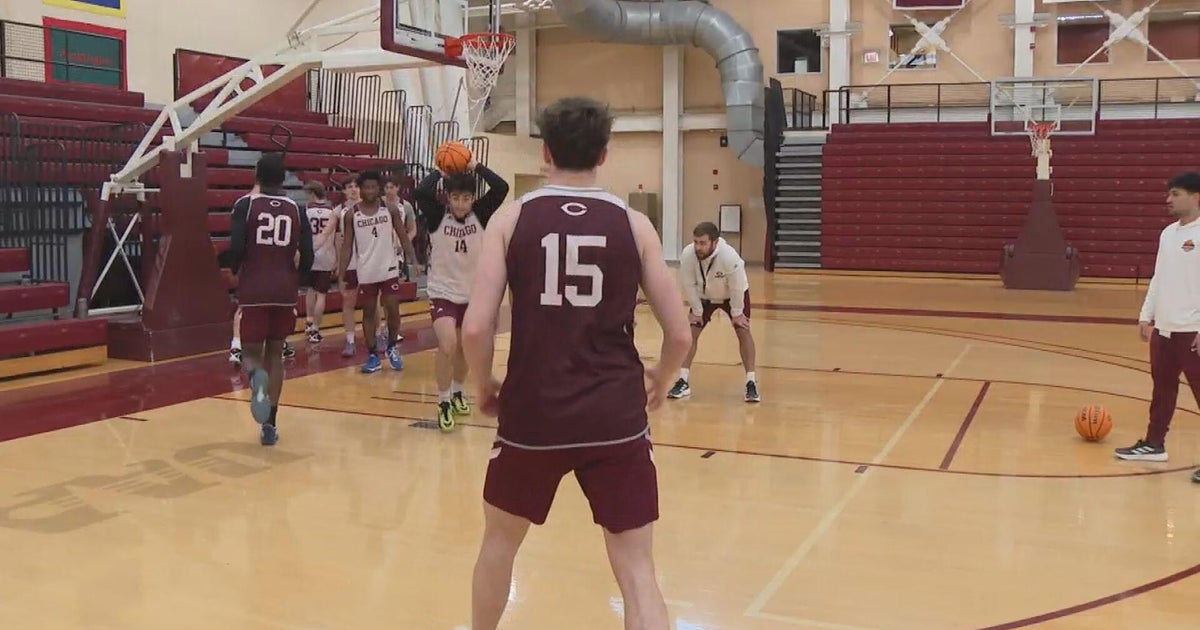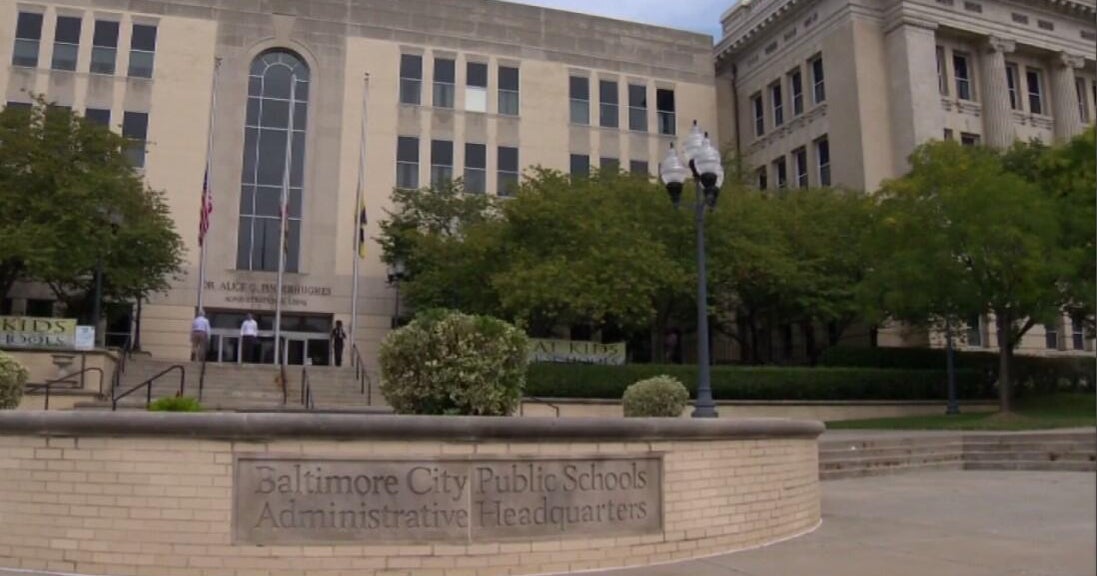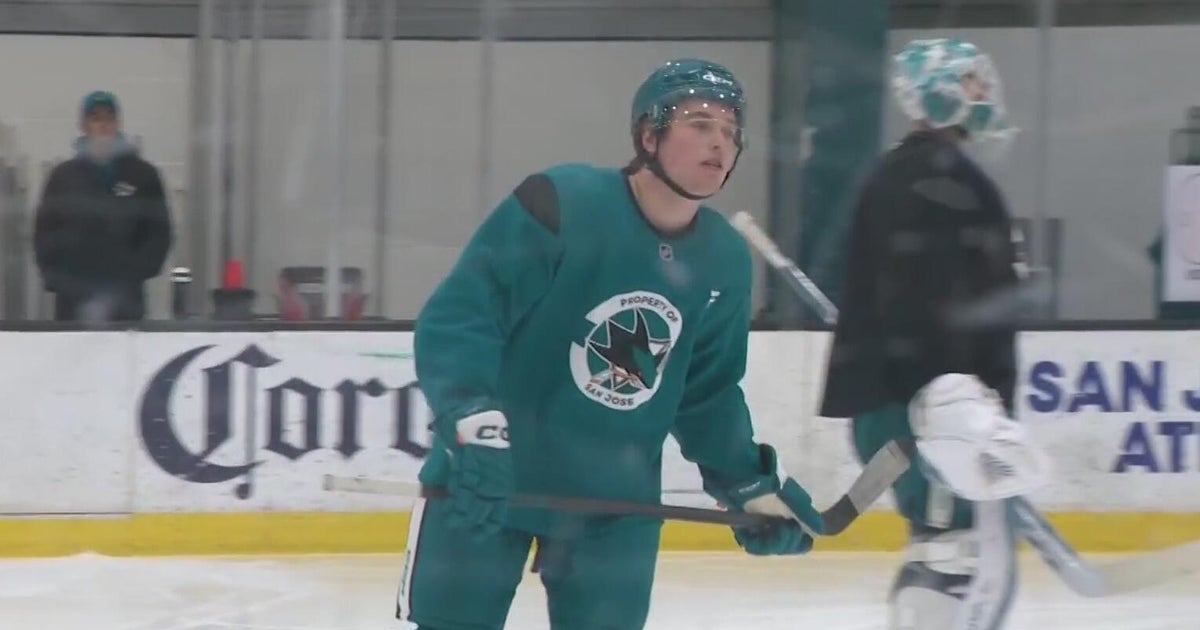Here's Something To Remember About Rob Manfred, MLB Owners From Previous Labor Dispute With Players
By Michael Hurley, CBS Boston
BOSTON (CBS) -- There won't be baseball at the end of this month, there won't be baseball in early April, and there probably won't be any baseball for a while longer than that. This was always the desired result of Rob Manfred and the owners, so long as the alternative was giving a bigger piece of the pie to the players.
No matter what empty words Manfred might have spewed at the podium on Tuesday, the reality is the owners never entered this negotiation in good faith. And we know this because they did the exact same thing less than two years ago.
At the onset of the COVID-19 pandemic, when the world largely shut down and sports went away for a bit, baseball had an opportunity to step into the national spotlight, seizing the attention of millions of Americans who were at home, a captive audience if there ever was one. Once some standards and protocols were established, the MLB season could have begun on the Fourth of July weekend, giving baseball roughly an entire month as the country's lone major professional sport entering living rooms around the country.
But as we surely remember, the players and the league couldn't come to an agreement. The players were willing to play as many as 114 games. The owners -- who weren't at all excited to host baseball games that drew zero dollars in ticket sales revenue -- began their bargaining by offering a 50-game season. All along, MLB knew that the commissioner had the power to unilaterally decide upon a 60-game season. And that's exactly what Manfred did, calling for the season to begin on July 23.
While Manfred and the owners' side swore that they really wanted to give the fans more than that, the reality is they took part in negotiating that never had a chance of bringing about an agreement. They dragged their feet, employed stall tactics, all with the end game of doing exactly what they had the power to do.
Manfred even admitted it after the fact.
"The reality is — the reality is — we weren't going to play more than 60 games, no matter how, um, the negotiation with the players went or any other factor," Manfred told Dan Patrick after the decision had been made. "Sixty games is the outside of the envelope, given the realities of the times."
Manfred added: "If we can pull off this 60-game season, I think it was the best we were going to do for our fans, given the course of the virus."
If the virus concerns were the holdup for MLB and the MLBPA to work out their 2020 season, that would be somewhat valid. But the virus had just about nothing to do with the issue, as the unique circumstances amounted to a good old-fashioned labor battle. And it set the stage for the offseason of nothingness we just witnessed in baseball.
It's worth keeping all of that in mind when looking back upon the months of December and January, plus most of February, and seeing zero effort made from the league to work out some details of a new collective bargaining agreement.
On Tuesday, after smiling at the podium while telling the world that Opening Day was canceled and condescendingly dismissing questions from the assembled media, Manfred was asked why the league did next to nothing over the first 80ish days of the owner-enforced lockout, given that some theoretical progress had been made in the final 24-36 hours before the arbitrary deadline. His answer was preposterous.
"I think the best answer to that question is the last 10 days. We've been here, ready to bargain, full committees, owners, players, for 10 days, and it got going two days before the deadline," Manfred said. "You know, that's the best explanation I can give ya."
That, sadly, is the best Manfred can give us. Because if he and the owners wanted a 162-game season to be played this season, some effort toward working with the players rather than against them would have been made at some point over the past two years. Or at least the past two months. If it had, then maybe it would be easier to believe that some earnest efforts to deliver baseball had been made over the past two weeks.
You can email Michael Hurley or find him on Twitter @michaelFhurley.
